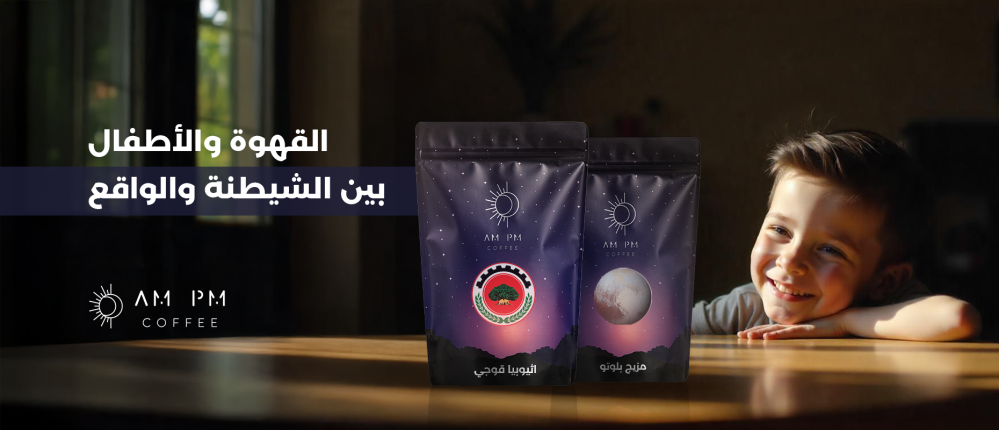In a world of increasing health awareness and rapid spread of information on social media, coffee has become a global topic of discussion that not only includes adults, but also children. While coffee is part of a deep-rooted cultural tradition in some countries, it is treated as a risky product in others. This contradiction raises questions about the reasons behind the “demonization” of coffee, especially compared to other beverages that may be more harmful.
Coffee between criticism and reality
In Western societies, particularly in the Global North, coffee has become a target of criticism from social media influencers, with parents being warned against giving their children even the smallest cup of espresso. The American Academy of Pediatrics, for example, recommends that children under 12 years of age not be given any caffeine-containing products, and that adolescents (ages 12–18) limit their consumption to a maximum of 100 mg per day, roughly equivalent to a small cup of coffee.
On the other hand, many voices ignore sugary drinks and energy drinks that contain large amounts of caffeine, which raises questions about the existence of double standards in assessing health risks.
Caffeine Sources: Coffee Isn't the Only Culprit
While coffee is often the main source of caffeine, the reality is that there are many sources of caffeine in our daily lives. Some energy drinks contain as much as 250 mg of caffeine per bottle, while a cup of tea provides about 47 mg. Even soda, which is often part of a child’s diet, contains about 46 mg per serving.
Chocolate, especially dark chocolate, also contributes significantly to caffeine consumption. For example, a handful of chocolate-covered coffee beans can contain up to 336 mg of caffeine, which is far more than a traditional cup of coffee.
Coffee and Culture: A Different Perspective
In countries like Brazil and Colombia, coffee is not just a drink; it is part of everyday life and cultural traditions. A small cup of coffee is given to children as an introduction to the world of family flavours, and is often considered a symbol of belonging to family and community.
In these contexts, coffee is seen as a natural product with health benefits, such as enhancing concentration and mood. Lina Grandos, commercial director of Colombian export company Racafi, says:
“While sugary soft drinks and energy drinks loaded with chemicals and artificial flavours are accepted, coffee is criticised, despite its proven health benefits and natural role in cultural traditions.”
The Demonization of Coffee: Its Impact on Markets
The demonization of coffee extends beyond health debates to the global economy. As coffee becomes more and more criticized, markets that rely on coffee production and export, especially in Latin America, could be affected. This criticism gives sugary soft drinks and energy drinks a competitive advantage, putting the coffee industry in a delicate position.
conclusion
The debate about coffee, especially for children, reveals fundamental differences in cultures and health perceptions. While coffee is seen as part of family tradition in some countries, it is treated as a risk in others.
The real challenge lies in spreading balanced health awareness; coffee is not the main enemy when it comes to children’s health, but the problem lies in exceeding the recommended limits for all products containing caffeine. Efforts should focus on educating about moderate and responsible coffee consumption, taking into account the different cultural contexts and needs of each community.

